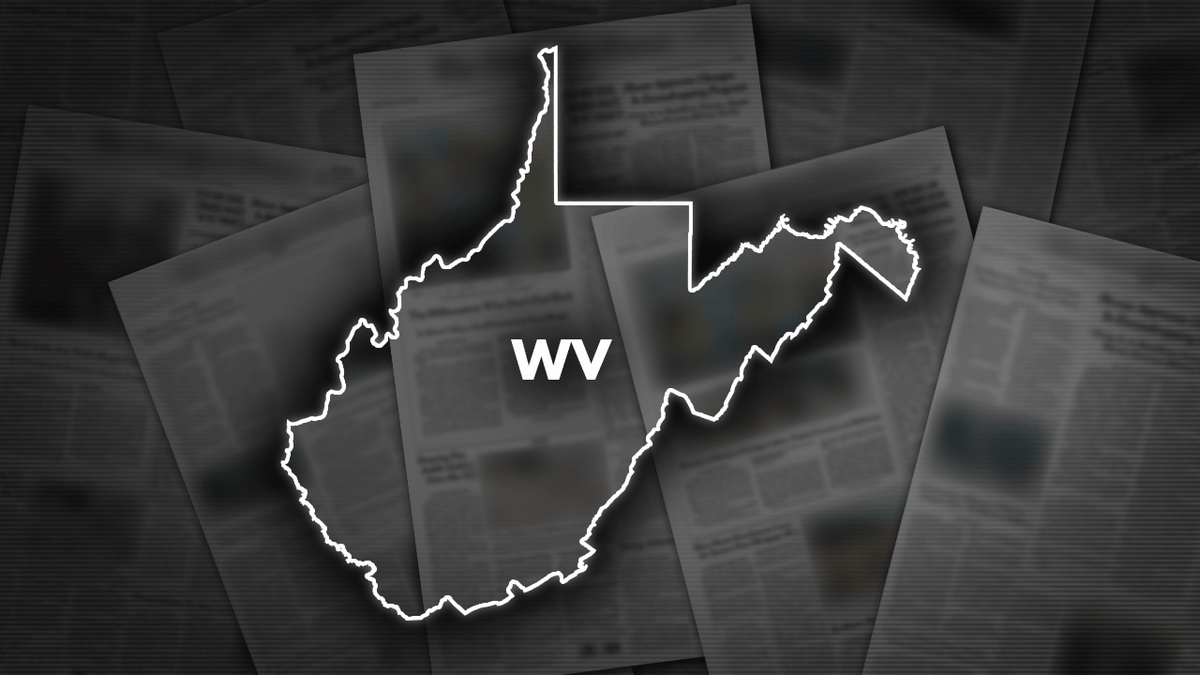Fox News Flash top headlines for May 8
Fox News Flash top headlines are here. Check out what's clicking on Foxnews.com.
Raleigh County records that date back to the founding of the county in 1850 are being newly preserved by county officials.
Deputy Circuit Clerk Vickie Suttle said the "preservation of history" started about five years ago when former Raleigh County Circuit Clerk Paul Flanagan purchased a large document scanner that she affectionately calls "The Beast," because of its size.
The machine resembles a large desk and has a conveyor-like belt at one end that feeds documents through a scanner. The documents are then uploaded to an attached computer.
US RETURNS 80 ANCIENT ARTIFACTS TO CYPRUS, SOME OVER 4,000 YEARS OLD
The scans are then saved to a drive and uploaded to county servers so they can be accessed by the public using computers in the records room of the Raleigh Courthouse.
"It’s just our little part of preserving history," Suttle said.
Suttle said she’s been using The Beast to scan Circuit Court order books that are stored in the circuit clerk’s office.

Raleigh County, West Virginia, is working to preserve its history. Former Raleigh County Circuit Clerk Paul Flanagan purchased a large document scanner to digitize old public records to preserve the county’s history.
Since October, the Raleigh County Clerk’s Office has also been using The Beast to scan public records that date back to the beginning of the county including minutes from county commission meetings, deeds, liens, appraisements and more.
Michelle Wyant, deputy clerk with the county clerk’s office, said many of the records are in books stored in a vault at the courthouse.
Wyant said doing this not only makes them easier for the public to access but also prevents them from being damaged.
"When people go through the books, pages get torn, books get misplaced and touching these really old pages, some of them are in pretty decent condition but some of them the pages are deteriorating and falling apart and the writing is fading," she said.
HISTORICAL MARKER HONORING COMMUNIST LEADER COMES UNDER FIRE IN NEW HAMPSHIRE
Suttle and Wyant said it’s been an interesting process going through the old record books as some of the oldest ones were written in intricate calligraphy using quill and ink.
"Some of the records are so detailed, like we were talking on the appraisement books, that if someone had died, they listed everything down to – one fork, one knife, one spoon, two pigs, a cow. And believe it or not, the pigs were worth more than the cow," Suttle said.
With some of the oldest county record books, which date back to the 1800s, Wyant said she’s had to use an Exacto knife to cut the stitching that binds the pages of the record books together.
Once the stitching is cut and the pages are free, Wyant said they carefully feed the pages, sometimes one at a time, through The Beast to be scanned.
"Records from the early ’90s and late ’90s are online. Anything other than that, you have to go to the books to find your information," she said. "So we’re slowly getting these scanned in where people can look at that online."
Before starting this process, Wyant said she checked the West Virginia Archives and History division to make sure she was doing everything properly.
She added that the county intends to apply for a grant with the state in the fall which will pay to have the record books rebound and place protective covers on some of the more delicate pages.


